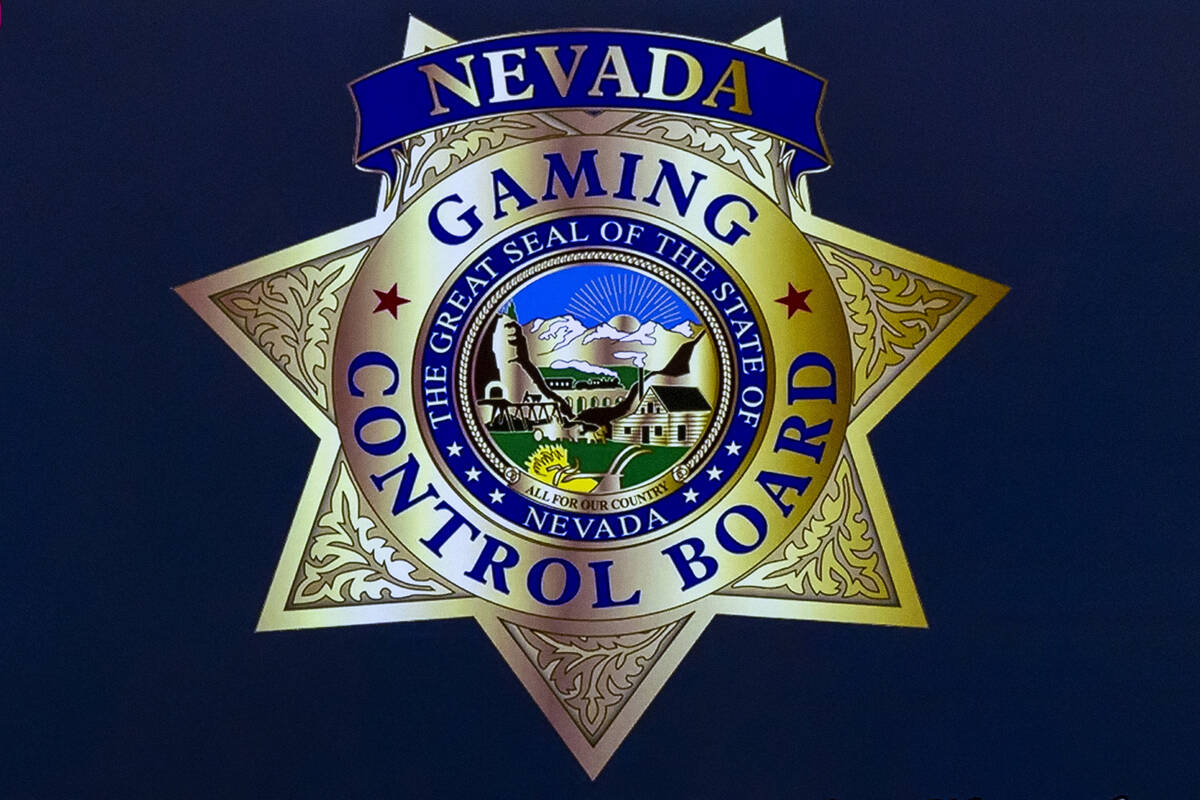The KalshiEX LLC prediction market has raised the ire of Nevada gaming regulators by offering sports propositions that resemble sports wagers.

The federal regulator that oversees prediction markets is conducting a roundtable discussion next week to gather testimony for decisions it will make on sports outcomes some markets are offering.
New York-based KalshiEX LLC and the Nevada Gaming Control Board are at odds over Kalshi recently offering sports outcomes on its website. The Control Board views those offerings as a type of sports bet and sent Kalshi a cease-and-desist order demanding that it stop offering sports and election outcome propositions in Nevada.
Kalshi responded by filing a lawsuit in U.S. District Court in Nevada, seeking an injunction to prevent the Control Board from prosecuting the company. On April 8, District Court Judge Andrew Gordon granted a preliminary injunction.
Since then, New Jersey gaming regulators have engaged in similar fights with Kalshi.
What are prediction markets?
Prediction markets, also known as information markets and futures derivatives, are a means for the public to predict the outcome of a current event by investing on that outcome. Participants generally invest on either side of a proposition, such as “Will Pietro Parolin be the next pope?” or “Will today’s high temperature in New York be above 75 degrees?”
In October, several prediction markets began taking action on the outcome of elections, raising the ire of Nevada officials because the state Constitution prohibits betting on the outcome of an election.
In late 2024 and early 2025, some markets began posting propositions involving sports. Kalshi, for example, now has a market for the outcome of several of the first-round National Hockey League Stanley Cup series.
The federal regulator that oversees Kalshi, the Commodity Futures Trading Commission, anticipated disputes between state and federal jurisdictions in February and decided then to conduct a roundtable discussion on April 30.
‘Sinkhole of uncertainty’
Acting CFTC chairwoman Caroline Pham called disputes a “sinkhole of legal uncertainty” when announcing plans in February for the roundtable.
Pham views prediction markets as “an important new frontier in harnessing the power of markets to assess sentiment to determine probabilities that can bring truth to the Information Age.”
Pham hopes to gather information from both sides of the issue to determine how the CFTC regulates the sports propositions Kalshi and other market exchanges offer.
The CFTC invited written submissions on the topic and it posted comments from 29 sources, including the American Gaming Association, Rep. Dina Titus, D-Nev., and the Nevada Resort Association.
“Nevada stands as the nation’s home for legal gaming and we have spent decades offering safe legal sports betting to Americans,” Nevada Resort Association President and CEO Virginia Valentine said in her written submission. “Allowing for sports wagering to happen outside of state regulated channels puts citizens at risk and endangers the critical economic support gaming provides.”
Valentine also said when the U.S. Supreme Court overturned the Professional and Amateur Sports Protection Act in 2018, opening the door to sports betting to other states, Nevada was usually a state’s first stop to get insights from a state that had been overseeing sports betting for decades.
“Supported by decades of experience regulating sports betting, we advised other jurisdictions on types of wagers, possible restrictions, licensing, enforcement, integrity, responsible gaming and other key policies to consider,” she said.
Titus weighs in
Noting that states regulate sports betting in new jurisdictions, Titus asked the commission to consider that on sports contracts.
“Event contracts on sporting events bring this relatively new industry directly into conflict with state-regulated gaming operators,” Titus said in her submission.
“Permitting prediction contracts on sporting events has several troubling effects that the commission should address before issuing any rulemaking,” she said. “Prediction contacts on sports create a backdoor way to legalize sports betting in states that have not authorized it.”
In a submission from the American Gaming Association, concerns from tribal casinos also were noted.
“Over the last seven years, states have moved to legalize and regulate sports betting,” the AGA’s Christopher Cylke, senior vice president of government relations, said. “Today there are 40 jurisdictions that allow for this activity to take place through licensed operators who are subject to stringent regulations designed to protect customers, uphold game integrity, and promote responsibility, while also deriving economic and tax benefits for each respective jurisdiction.
“In addition to posing an unfair economic threat to sportsbook operators who have invested in pursuing licensure and regulatory compliance on a jurisdiction-by-jurisdiction basis, the introduction of a ‘national’ sports betting product severely undermines state regulatory authority while also jeopardizing state tax revenue. In certain states, the availability of these products also tramples on tribal sovereignty by violating gaming exclusivity agreements with those jurisdictions.”
While most of the submissions came from tribal gaming operators, regulators from New Jersey and Tennessee also weighed in, as did gaming attorneys and responsible gaming advocates.
This is a developing story. Check back for updates.

